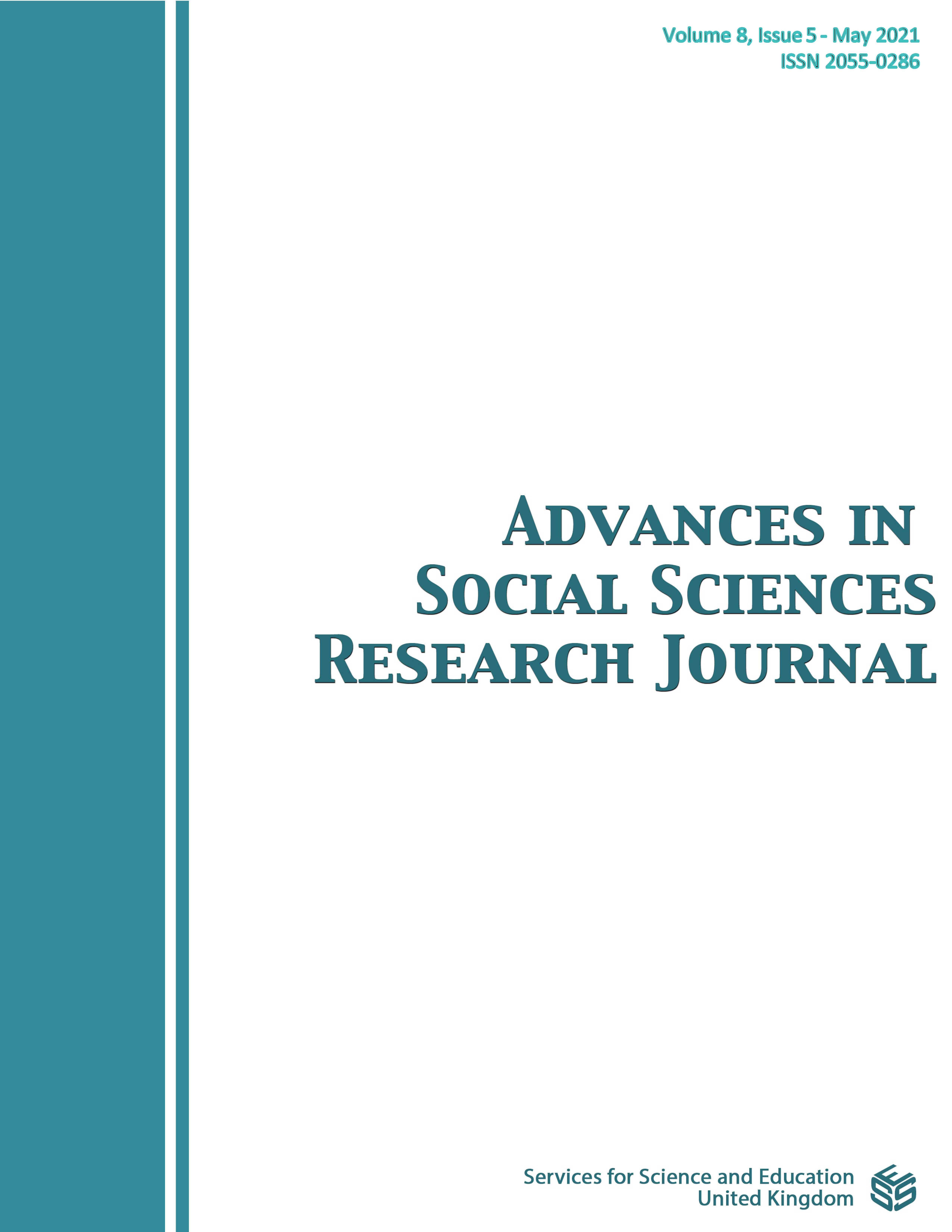PHILOSOPHICAL PERSPECTIVES ON POLITICAL HARMONY, RULE OF LAW AND IMPLICATIONS ON HUMAN SECURITY IN ZIMBABWE
DOI:
https://doi.org/10.14738/assrj.85.10265Keywords:
Monocracy, Rule of law, political harmony and human security.Abstract
Human security has recently emerged as a global issue that requires international cooperation. Moreso, the concepts of political harmony and rule of law have also become a common agenda at many international conferences. Human insecurity in Zimbabwe can be dated back to its colonial past. The colonisation of Zimbabwe by Britain was widely viewed as an attempt by colonisers to introduce a type of monocracy. That marked the initial obstruction to human security for the indigenous people and general lack of cohesion amongst social groups. Currently, Zimbabwe is facing socio-economic challenges which are embedded in the political environment linked to its isolation from the international community through imposition of sanctions for top politicians. The overall objective of this research was to assess philosophical perspectives on the current political situation and rule of law in Zimbabwe and their implications on human security. The research sought to identify the political leadership challenges in addressing human security concerns. To achieve these research objectives, an interdisciplinary approach was used. The methodology for this paper was based on hermeneutics and philosophical analytical models. Results have shown that there is generally an unstable political environment marred with inherent tension due to lack of political harmony and selective application of the law. This paper recommends the need for leadership renewal besides the ideological renewal alongside dialogue and national consensus. Furthermore, the adoption of global village concept emphasizing on democratic principles and political integration could be a possible panacea in addressing the current challenges and ensure human security.
Downloads
Published
How to Cite
Issue
Section
License
Copyright (c) 2021 John Moyounotsva Marava

This work is licensed under a Creative Commons Attribution 4.0 International License.
Authors wishing to include figures, tables, or text passages that have already been published elsewhere are required to obtain permission from the copyright owner(s) for both the print and online format and to include evidence that such permission has been granted when submitting their papers. Any material received without such evidence will be assumed to originate from the authors.






